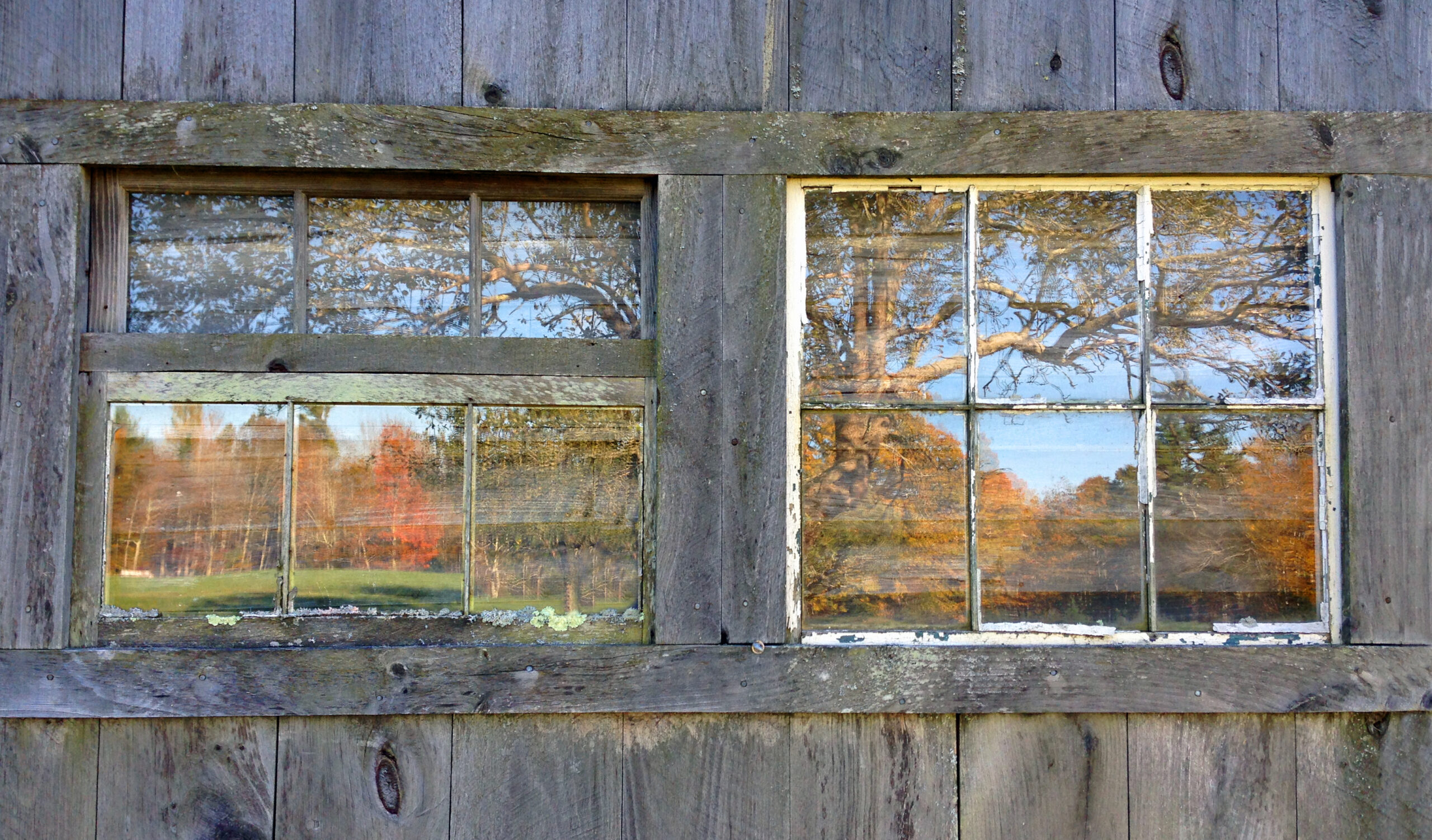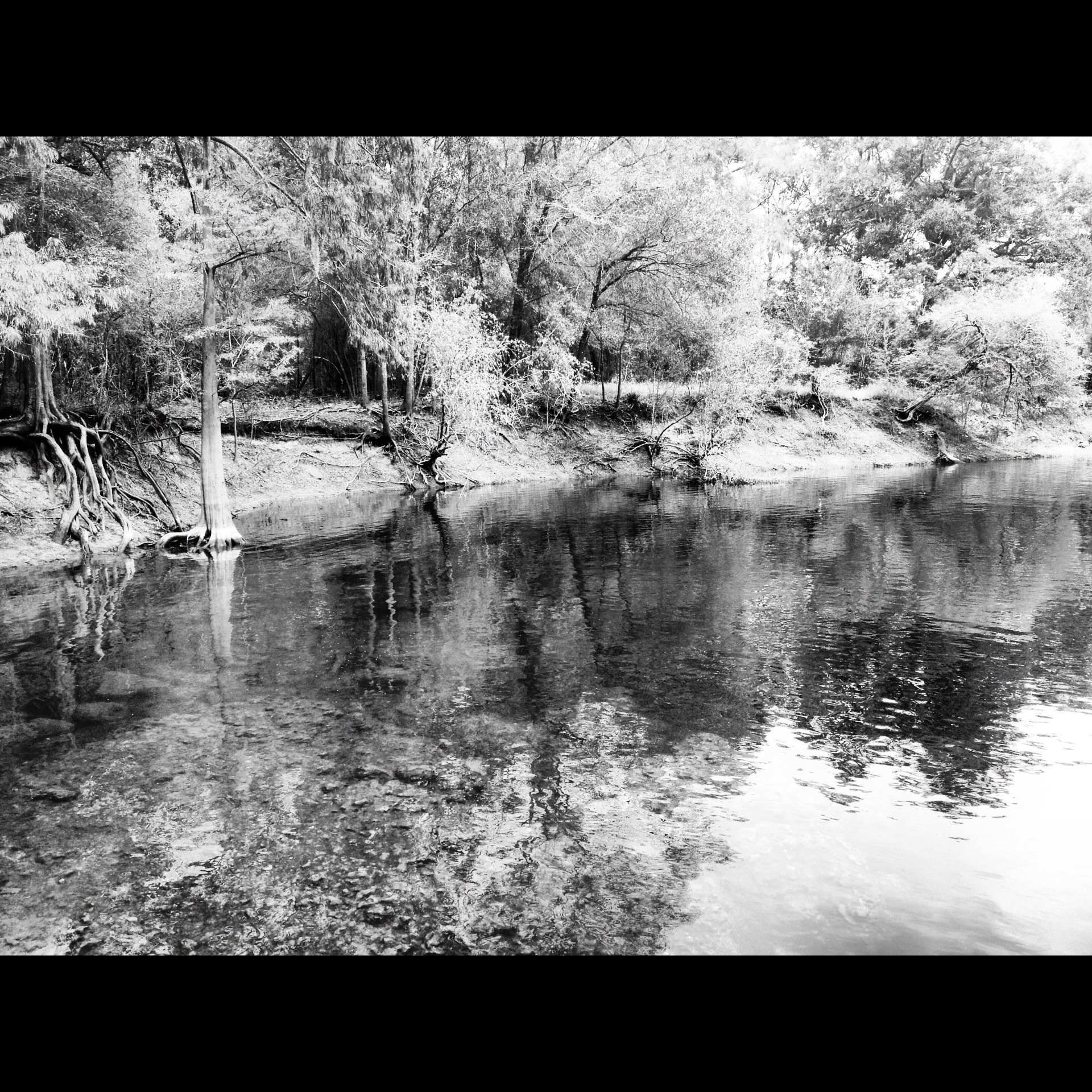
We can also learn about our Quad Four material, Luft suggests, by reflecting back on our life experiences: “The residue of past experience and potential for future experiences are contained in Q4. Perhaps it is true that whatever has registered with us once psychologically may be assumed to exist in the unknown quadrant.” Thus, through reflection backwards in our life, we may uncover memories (retained experiences and associated feelings) that seem not to be part of actively conscious experiences that are either shared (Quad One) or kept secret (Quad Three) from other people.
Joe Luft is very optimistic about not only the value of this Quad Four material in enhancing our interpersonal relationships, but also our capacity (psychologists call it “ego strength”) to acknowledge and work with this Quad Four material. Luft doesn’t think we need a psychoanalyst to retrieve and live with this Quad Four material. We only need a little courage and some supportive relationships and settings (such as in a human relations training group).
Furthermore, as Luft suggests in both quotations, any suffering associated with the surfacing of Quad Four material is offset by the benefits inherent in moving this material into the other three quadrants. When we add Quad Four material to the accessible quadrants, we get a “total picture” regarding our self and discover our future “potentials.”[ii]
It is axiomatic that with greater exercise of the individual’s psychological resources, variety and diversity increase. The individual has more choice. He has more depth of feeling, more shades of experience. He has access to more associations of thought and in greater combination. He may suffer doubts where others have none. His inner richness opens him to all kinds of human states with one possible exception: He emigrates away from a feeling of certainty. He can at the same time be more self-confident because he is more open to and aware of the realities of his human environment.









